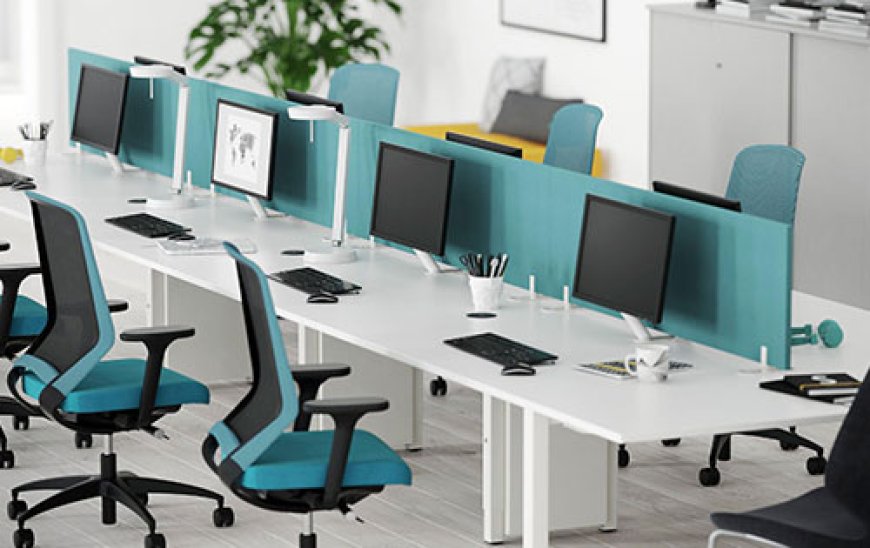In the modern educational landscape, computer labs serve as hubs of innovation and learning. At the core of these dynamic spaces lies the furniture that facilitates collaboration, creativity, and productivity. Behind the scenes, computer lab furniture suppliers play a crucial role, blending unique human intelligence with a deep understanding of human emotions to create environments that inspire and empower. Let's explore the intricacies of this specialized industry and uncover the artistry and empathy that drive it forward.
Understanding User Needs:
-
Ergonomic Design: Computer lab furniture suppliers prioritize ergonomic design, crafting chairs, desks, and workstations that promote comfort and support. By considering the physical needs of users, they ensure a conducive environment for long hours of study and research.
-
Flexible Configurations: Flexibility is key in the ever-evolving world of education. Suppliers offer a range of modular and customizable furniture solutions, allowing institutions to adapt their computer labs to changing needs and teaching methodologies.
-
Accessibility Features: Inclusivity is paramount in educational settings. Suppliers incorporate accessibility features into their designs, ensuring that all students, regardless of physical ability, can fully participate in the learning experience.
Crafting Quality and Durability:
-
Premium Materials: Quality is not just a goal; it's a standard. Suppliers source premium materials that are durable, sustainable, and environmentally friendly, ensuring that their furniture withstands the rigors of daily use while minimizing environmental impact.
-
Precision Manufacturing: Behind every piece of furniture lies a meticulous manufacturing process. Skilled craftsmen employ advanced techniques and state-of-the-art machinery to produce furniture that meets the highest standards of quality and craftsmanship.
-
Stringent Quality Control: Quality control is embedded into every stage of the production process. Suppliers conduct rigorous testing to ensure that each piece of furniture meets or exceeds industry standards for safety, stability, and durability.
Empathy in Design:
-
Student-Centric Approach: Empathy drives design decisions, with suppliers placing the needs and experiences of students at the forefront of their work. By understanding the challenges and aspirations of young learners, they create spaces that foster engagement, collaboration, and creativity.
-
Aesthetics and Ambiance: The ambiance of a learning space can have a profound impact on student motivation and morale. Suppliers pay attention to the aesthetics of their furniture, incorporating elements of color, texture, and design to create inviting and inspiring environments.
-
Emotional Connection: Furniture is more than just a physical object; it's a catalyst for emotional connection. Suppliers strive to create furniture that resonates with students on a deeper level, evoking feelings of comfort, belonging, and pride in their learning environment.
Conclusion:
In the ever-evolving landscape of education, computer lab furniture suppliers serve as architects of inspiration and empowerment. Through ergonomic design, quality craftsmanship, and empathetic understanding of user needs, they create environments that elevate the learning experience and nurture the potential of every student. Beyond the realm of furniture, they imbue their work with a sense of purpose and passion, recognizing the profound impact that well-designed spaces can have on the hearts and minds of young learners. As we look to the future, one thing is clear: the artistry and empathy of these dedicated suppliers will continue to shape the educational landscape for generations to come.
 Like
0
Like
0
 Dislike
0
Dislike
0
 Love
0
Love
0
 Funny
0
Funny
0
 Angry
0
Angry
0
 Sad
0
Sad
0
 Wow
0
Wow
0













































